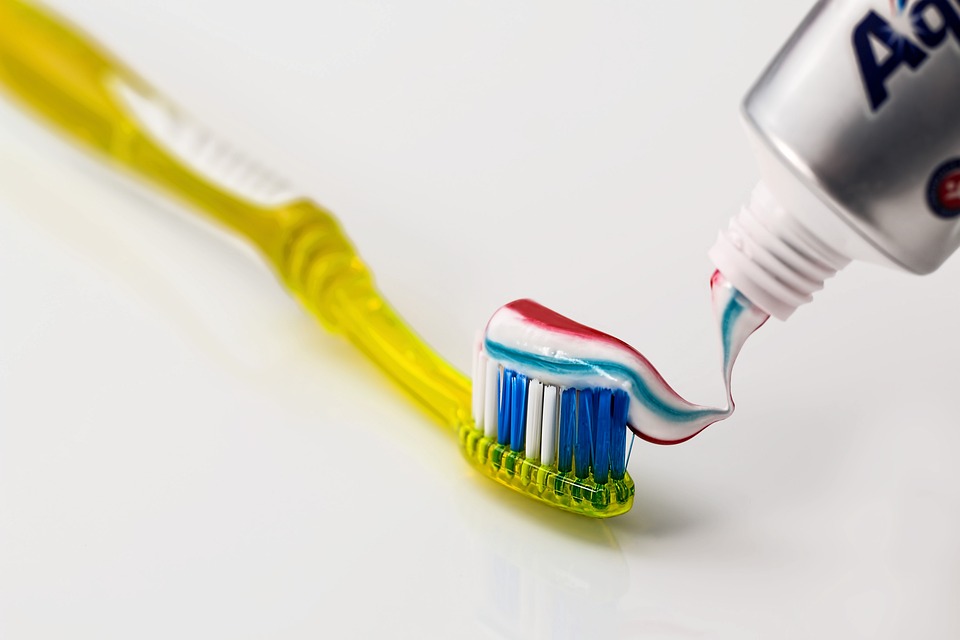Teeth Whitening for Sensitive Teeth: Solutions and Recommendations
Having a bright, white smile is a desire for many individuals. However, for those with sensitive teeth, the traditional teeth whitening methods can often cause discomfort and pain. Fortunately, there are various solutions and recommendations available specifically designed to address teeth whitening for sensitive teeth.
Understanding Sensitive Teeth
Before exploring the solutions, it is important to understand why some individuals have teeth sensitivity. Sensitive teeth occur when the protective layer of enamel on the tooth’s surface wears down, exposing the underlying dentin, which contains microscopic channels connecting to the tooth’s nerve endings. When these channels are exposed to hot, cold, sweet, or acidic substances, it can trigger a painful sensation.
Teeth sensitivity can be caused by several factors, including:
- Tooth decay and cavities
- Gum recession
- Worn tooth enamel
- Tooth grinding or clenching
- Cracked or chipped teeth
- Acidic foods and beverages
Solutions for Teeth Whitening
When it comes to teeth whitening for sensitive teeth, there are several effective solutions that can provide desired results without causing discomfort. Let’s explore some of these options:
1. Whitening Toothpaste
Whitening toothpaste specifically formulated for sensitive teeth is a great option for gradually brightening your smile. These toothpastes typically contain ingredients that gently remove surface stains without causing sensitivity. Look for toothpastes with potassium nitrate or strontium chloride, as they help desensitize the teeth.
2. Teeth Whitening Strips
Teeth whitening strips are thin, flexible strips coated with a whitening gel. They are designed to be applied directly onto the teeth and left for a specific duration. Look for whitening strips that are specifically labeled for sensitive teeth. These strips are usually gentler on sensitive teeth while still providing effective whitening.
3. Whitening Mouthwash
A whitening mouthwash can be a convenient addition to your oral care routine. It helps remove surface stains and freshens breath while being gentle on sensitive teeth. Look for mouthwashes that are alcohol-free and designed for sensitive teeth.
4. Custom-Fit Whitening Trays
If you prefer a more personalized approach, custom-fit whitening trays may be the right choice for you. These trays are made to fit your teeth precisely and are filled with a whitening gel. The gel is usually less concentrated than traditional whitening products, making it suitable for sensitive teeth. Custom-fit trays can be obtained from your dentist.
5. Professional Teeth Whitening
For individuals with severe teeth sensitivity, seeking professional teeth whitening treatments from a dentist is highly recommended. Dentists have access to professional-grade whitening products and can customize the treatment to minimize discomfort and maximize results. They can also provide additional desensitizing agents if needed.
FAQs
Q: How long does it take to see results with teeth whitening for sensitive teeth?
A: The time required to see results may vary depending on the chosen method. Generally, it can take anywhere from a few days to a few weeks to notice a significant improvement in teeth color.
Q: Can I whiten my teeth if I have gum recession?
A: It is recommended to consult with your dentist before whitening your teeth if you have gum recession. They can assess your situation and provide guidance on the most suitable whitening method for your specific needs.
Q: Are there any side effects associated with teeth whitening for sensitive teeth?
A: While teeth whitening for sensitive teeth is generally safe, some individuals may experience temporary tooth sensitivity or gum irritation. These side effects are usually mild and subside shortly after the treatment.
Q: How can I prevent teeth sensitivity during and after whitening?
A: To minimize teeth sensitivity during and after whitening, it is important to follow the instructions provided with the chosen whitening product. Avoid consuming extremely hot or cold foods and beverages, and use a toothpaste designed for sensitive teeth to maintain a healthy oral care routine.
Q: How long do teeth whitening results last?
A: The longevity of teeth whitening results depends on various factors, including oral hygiene practices and lifestyle habits. On average, the results can last anywhere from a few months to a year. Regular touch-ups and maintaining good oral hygiene can help prolong the effects.
Q: Where can I find more information about teeth whitening for sensitive teeth?
A: For further information about teeth whitening for sensitive teeth, you can visit www.example.com. They provide valuable insights and recommendations on this topic.







